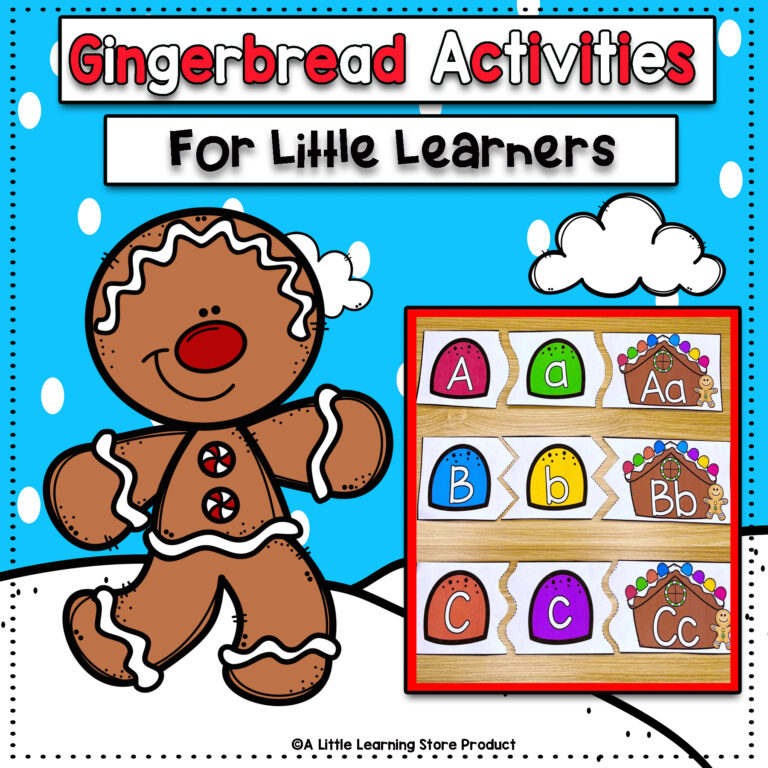How to Deal with Difficult Parents as a Teacher
Let’s talk about something that every teacher will face at some point: dealing with difficult parent conversations. It’s important to know how to deal with difficult parents and to approach conversations with gentleness and an open mind.
Whether you’re a new teacher or a seasoned pro, navigating tough conversations with families is one of those challenges that comes with the job. And it’s not a matter of if — it’s when. But here’s the good news: with the right tools, mindset, and communication strategies, you can not only survive those moments — you can come out with a stronger partnership and clearer understanding.
Hi! I’m Katherine Barker, and in this post, we’re diving into three key areas to help you feel more confident and prepared when navigating these tough moments:
- Why parents become difficult in the first place
- What you can do proactively to prevent misunderstandings
- How to handle tough conversations with professionalism and compassion
How to Deal with Difficult Parents as a Teacher
1. Why Parents May Be Difficult
Before we dive into strategies, let’s pause and consider where some parents might be coming from.
Some common reasons parents may come across as difficult include:
- High stress levels at work or at home
- Frustration or confusion with the school system
- Feeling uninformed or out of the loop
- Worry or defensiveness about their child’s well-being
Often, what looks like hostility is actually rooted in fear, pain, or worry. One of my favorite quotes that helps keep me grounded is:
“If we could peer into the hearts of our enemies, we would find enough pain and sorrow to wipe away all hostility.”
When we keep this perspective, it becomes easier to approach parents with empathy. This doesn’t excuse inappropriate behavior — but it helps us respond with understanding instead of reacting with frustration.
2. Be Proactive with Communication
One of the best ways to prevent conflict with parents is by communicating early and often.
Consistent communication helps:
- Build trust
- Clear up confusion before it escalates
- Keep everyone on the same page about expectations, events, and student behavior
You can choose any communication tool that works for you — whether it’s a messaging app, a weekly newsletter, daily check-ins, or after-school chats. The key is consistency and clarity.
💡 Tip: If you’re not sure how to start, check out my video: Ten Simple Ways to Communicate with Parents as a Teacher. It’s full of easy, manageable ideas to get you started.
Clarify Roles and Responsibilities
Another proactive strategy when learning how to deal with difficult parents is making sure students — and parents — understand who is responsible for what.
For example, I once had a parent upset that their child wasn’t bringing homework home. But it wasn’t my job to personally place it in their backpack — that was the student’s responsibility. So I gently reminded the student:
“Friend, remember — it’s your job to check your cubby and pack your homework. That’s not Mrs. Barker’s job. That’s your job!”
By reinforcing roles and boundaries kindly and clearly, we can avoid misunderstandings and empower students to take ownership.
3. How to Handle Tough Conversations
So what do you do in the moment when a conversation turns difficult? How DO you deal with those difficult parents?
Stay Calm, Cool, and Professional
It’s natural to feel defensive, frustrated, or even hurt — but it’s essential to take a deep breath and keep your composure.
Start by listening. Really listen before you respond. Sometimes, parents just need to be heard.
When you do respond, aim to be:
- Calm
- Professional
- Solution-focused
Rather than trying to “win” the conversation, shift the focus to collaboration:
“How can we work together to support your child moving forward?”
If you made a mistake, own it. That kind of honesty builds trust:
“You know what? I didn’t handle that well. Let’s figure out a better plan going forward.”
Set Boundaries When Needed
Being collaborative doesn’t mean letting parents walk all over you. You’re the professional. If a parent becomes overly demanding, you can set boundaries with kindness:
“Thank you so much for your suggestions — I’ll definitely take them into consideration.”
And then, move forward.
Know When to Stop the Conversation
There is one line that should never be crossed — and that’s when a parent becomes angry, hostile, or starts raising their voice or using degrading language. If that happens:
- Pause the conversation immediately: “This conversation is no longer appropriate. We’ll continue it when my administrator is present.”
- If they continue, repeat your boundary.
- If needed, walk away and get your principal or another administrator.
You do not have to accept disrespect. You’re a human being and deserve to be treated with kindness and professionalism.
Final Thoughts: It Gets Easier With Time
Managing difficult parent conversations is a skill — and like any skill, it improves with practice.
You’re not going to get it perfect every time. That’s okay. What matters is that you keep showing up, learning from each experience, and leading with professionalism, compassion, and a focus on the student.
Because at the end of the day, that’s what it’s all about — supporting students. And when parents see how much you care, it can change everything.
💛 “I care about your child. We’re on the same team.”
Let that message guide every conversation.
Don’t forget to check out:
➡️ Ten Simple Ways to Communicate with Parents as a Teacher — packed with helpful ideas you can use right away!
Until next time — happy teaching, my friend. ✨





